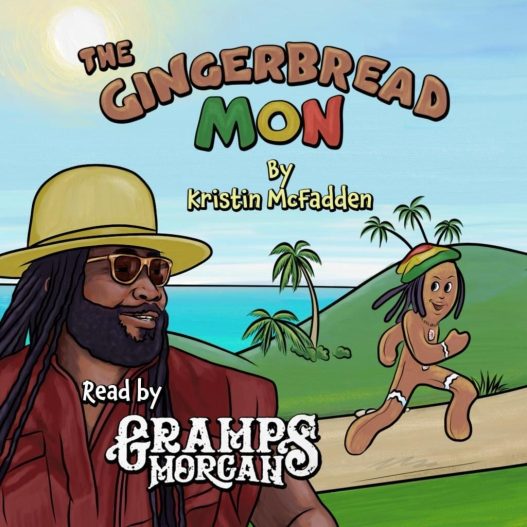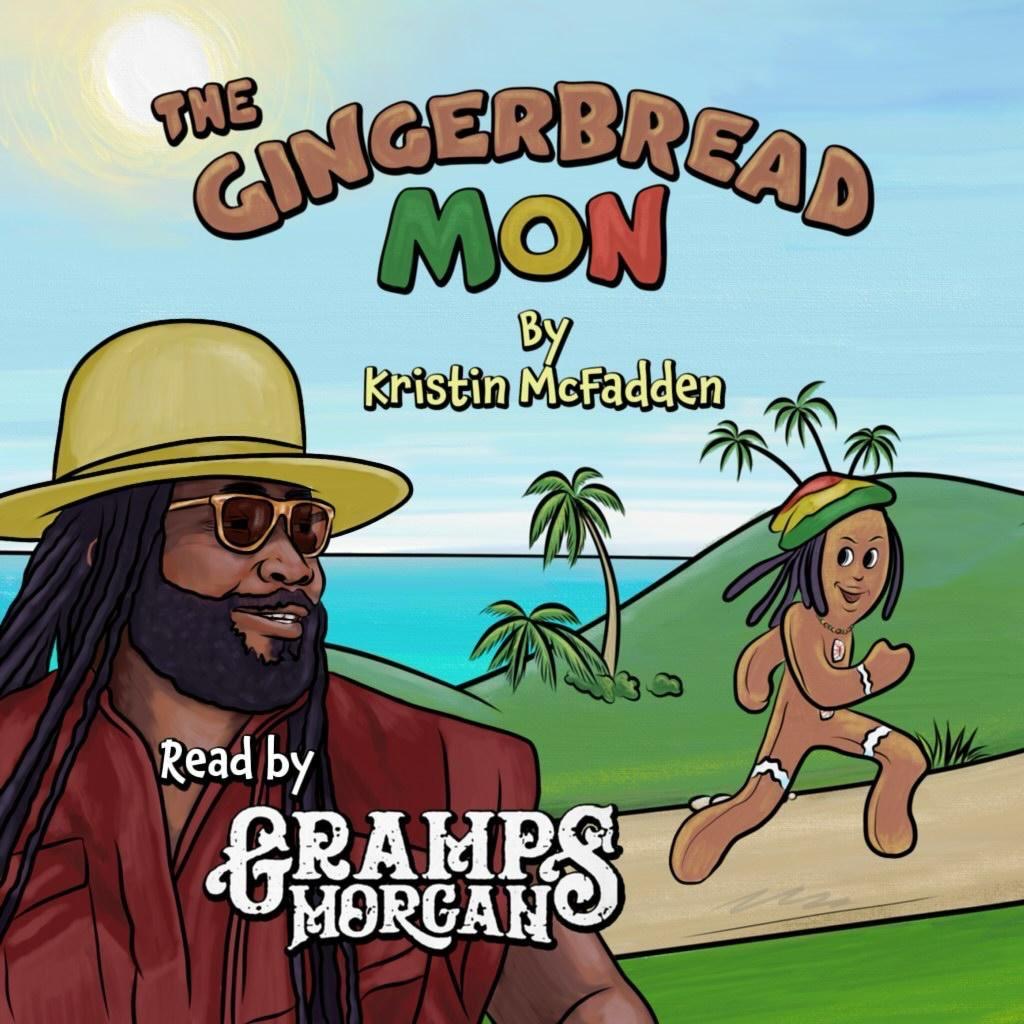The Bank of Jamaica (BOJ) has announced significant changes regarding the currency in circulation. As part of its efforts to modernize the country’s banking system, the BOJ will cease the use of old cotton banknotes, effective July 1, 2025. This transition marks a pivotal moment in Jamaica’s financial landscape, and it’s essential for both consumers and businesses to understand the implications.
The End of Cotton Banknotes
Starting July 1, 2025, the old cotton banknotes, which include the $5000, $1000, $500, $100, and $50 denominations, will no longer be recognized as legal tender. This decision means that these banknotes cannot be used for any transactions involving goods and services. The BOJ has made it clear in a recent press release that while these old banknotes will no longer be accepted for payment, they can still be redeemed at face value indefinitely.

Why the Shift to Polymer Banknotes?
The introduction of polymer banknotes is part of a broader strategy to enhance the durability and security of Jamaica’s currency. Polymer notes are not only more resistant to wear and tear but also incorporate advanced security features that help combat counterfeiting. The new banknotes, which have been in circulation since June 2023, include denominations of $5000, $2000, $1000, $500, $100, and $50.
Polymer banknotes offer several advantages over their cotton counterparts, including:
• Longevity: Polymer notes can last significantly longer than cotton paper notes, reducing the frequency of replacements.
• Hygiene: These notes are easier to clean and less likely to harbor bacteria.
• Environmental Impact: The production of polymer notes is more sustainable, as they can be recycled after their lifespan.What Should You Do Next?
As the deadline approaches, it is crucial for individuals and businesses to prepare for this transition. Here are a few steps to consider:
• Check Your Currency: If you possess any of the old cotton banknotes, make sure to exchange them at a local bank or the Bank of Jamaica before the deadline.
• Familiarize Yourself with Polymer Notes: Learn about the new polymer notes, including their features and security elements, to ensure you recognize them during transactions.
• Update Payment Systems: Businesses should update their point-of-sale systems to accommodate the new denominations to avoid disruptions in transactions.Common Questions About the Transition
When will the old cotton banknotes stop being accepted?
The old cotton banknotes will cease to be legal tender on July 1, 2025.
Can I still redeem old cotton banknotes after the deadline?
Yes, the Bank of Jamaica will continue to redeem old cotton banknotes for their face value indefinitely.
What should I do if I have old banknotes after the deadline?
You should exchange them at a local bank or the Bank of Jamaica before the deadline to avoid losing their value.
What denominations are available in the new polymer notes?
The new polymer banknotes currently in circulation include $5000, $2000, $1000, $500, $100, and $50 denominations.
How can I identify the new polymer banknotes?
Familiarize yourself with the unique features of the polymer notes, such as transparent windows, holographic images, and distinct colors.
The transition from cotton to polymer banknotes in Jamaica represents a significant step forward in enhancing the reliability and security of the nation’s currency. By staying informed and taking the necessary steps to adapt to these changes, you can ensure a smooth transition in your financial transactions.























